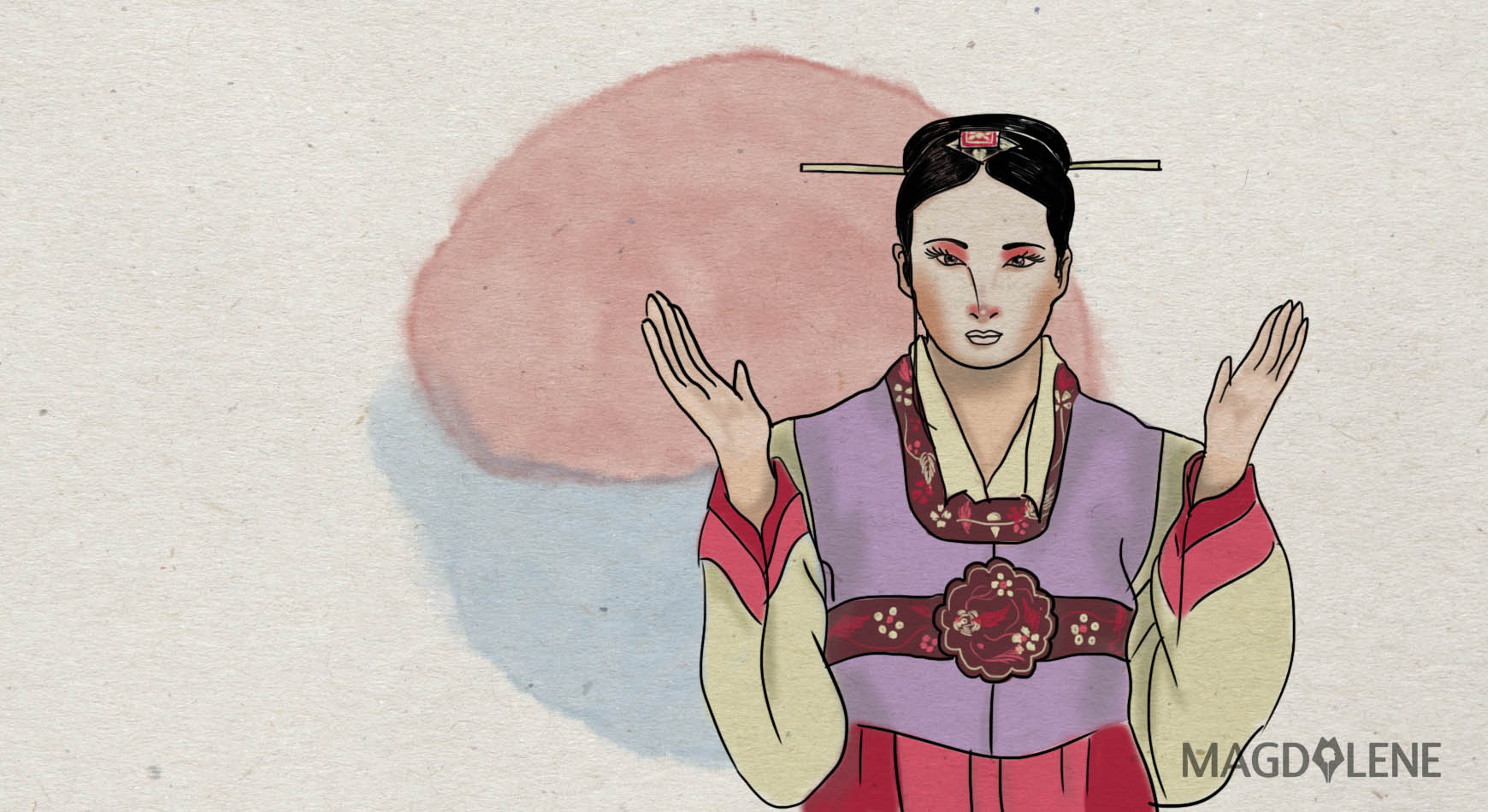Most of us are probably more familiar with South Korea from its pop culture, whether the K-Dramas or K-pop. But Korea is not just home to cool oppas, it has also been a breeding ground of religious conservatism and fundamentalism, something that countries like Indonesia and the United States can relate to.
In a public lecture held by the National Commission on Anti-Violence Against Women (Komnas Perempuan) in Jakarta, a lecturer of Political Science at the University of Wisconsin, Eunsook Jung talked about the similarities between Christian fundamentalist groups in South Korea and Islamic fundamentalism in Indonesia, and how the strengthening of religious fundamentalist groups influence the political system in both countries.
Although South Koreans in general are not religious, conservative Christian groups have the power to influence the government with their agenda by reinforcing the issue that the national morality is under threat, Eunsook said. One example that illustrates their influence is how the Anti-Discrimination Law, which was submitted nearly 10 years ago, has been defeated five times in the National Assembly of South Korea.
“In South Korea, these groups has a very large alliance, from businessmen to politicians. They have something in common in their process of spreading ideas from religious fundamentalists. They spread the perception that society is under attack – by nature, drugs, and LGBT (lesbian, gay, bisexual, transgender) – which can lead to the loss of national morality,” Eunsook said.
Many people adopt this view as they feel insecure with rapid social changes that are happening around them. They accept the solution offered by the conservative groups, which is “family resilience” values.
Eunsook said the groups’ brand of morality entails ways that regulate a woman’s body, making it harder for women’s movement to compete against the religious fundamentalist narratives.
“Women’s body is currently a war zone for conservatives and progressives, and this is happening in various countries. This is caused by the patriarchal system in communities across the globe,” she said.
Also Read: Korean Documentary Exposes Dirty Truths about Electronics Industry
People’s lack of understanding of feminism and gender equality concepts also causes resistance against women's movement, which is misperceived as selfishness among women. Just like in Indonesia, the concept of feminism is still widely misinterpreted by many people in South Korean. An online survey conducted by Korean Women's Development Institute, a research institution under the Prime Minister of South Korea’s office that focuses on women and family issues, shows that more than half of South Korean men in their 20s have anti-feminist behavior and are involved in gender-based discrimination through expression of hostility.
Published by the Korean Herald in February 2019, the report shows that anti-feminist attitudes are lower in older male respondents, as seen in the demographics: 38.7 percent of men in their 30s, 18.4 percent are in their 40s, and 9.5 percent are in their 50s. There were a total of 3,300 respondents.
Meanwhile, many South Korean government’s policies deprive women of their rights, according to Eunsook. One of them is a 66-year long abortion ban that carries a sentence of up to one year in prison or a fine of 2 million won (about Rp 24 million).
Eunsook said women’s rights movement should adopt a strategy that pays attention to the narratives spread by religious fundamentalist groups and creates counter narratives to ease the moral panic caused by the groups.
“One of the narratives they often use is the conservative values of family resilience. We need to redefine family values that are often used by fundamentalist groups. We need to create a narrative that is rational and in line with women's rights,” Eunsook said.
In addition, the strength of religious fundamentalist groups comes from the alliance they build with various sectors such as the private sector and political parties.
"That’s why we really need to build alliances to strengthen the social movements and to push for the the government’s in fulfilling women's rights," Eunsook said.
This article has been translated by Radhiyya Indra from the original Indonesian version.








Comments